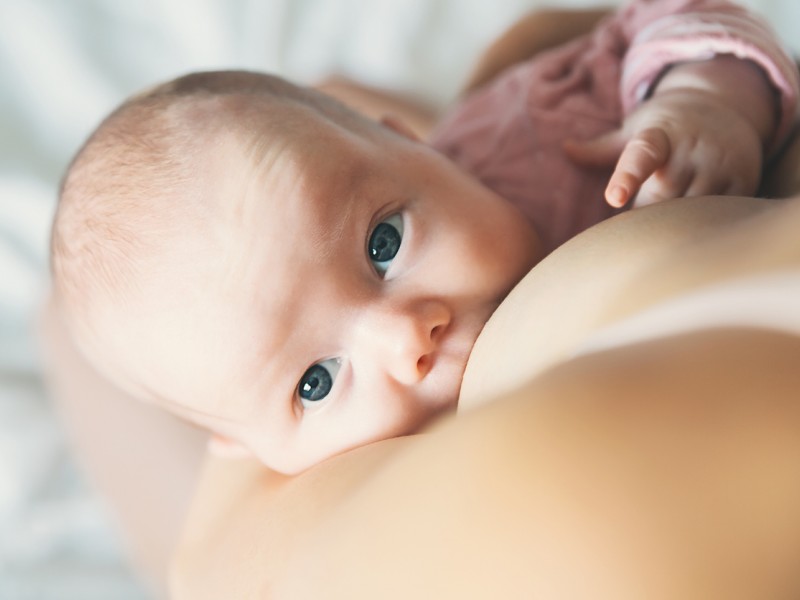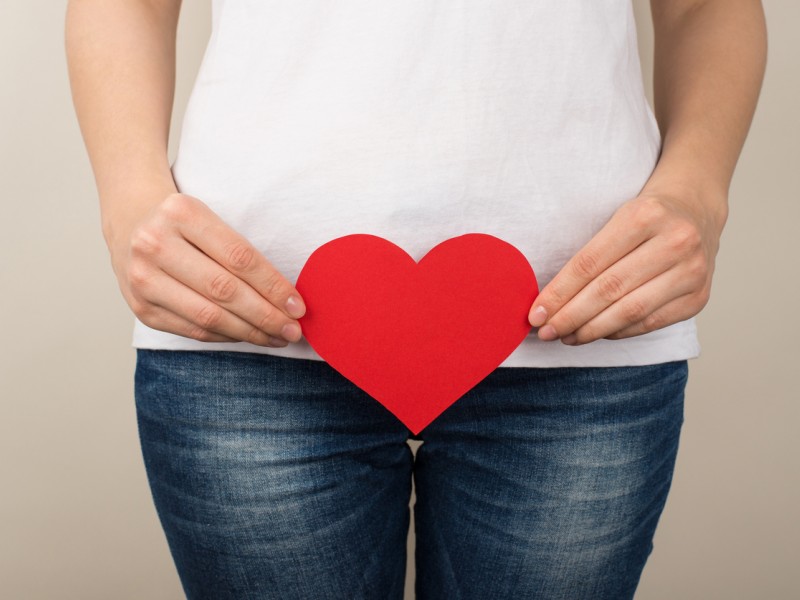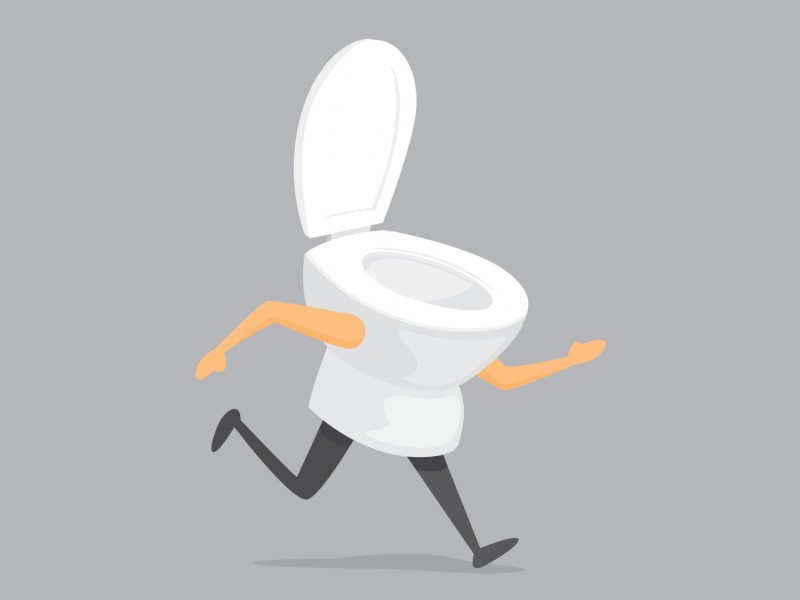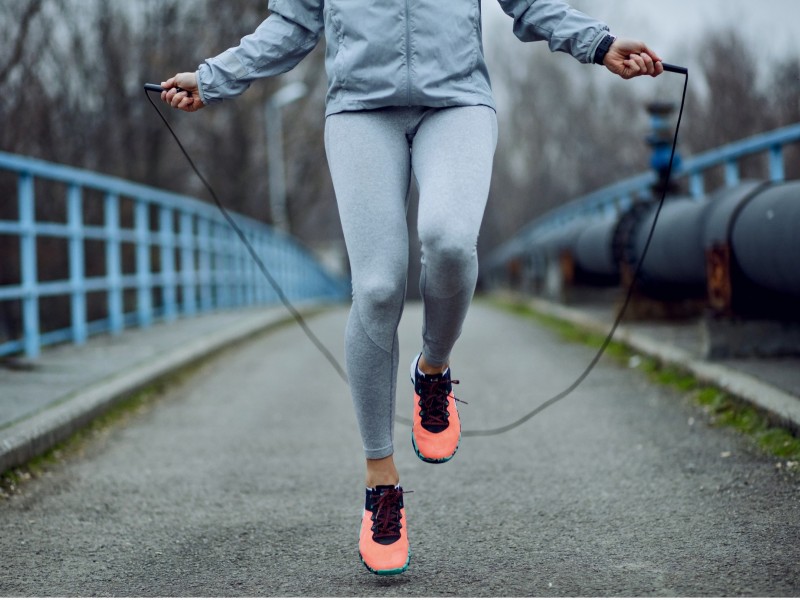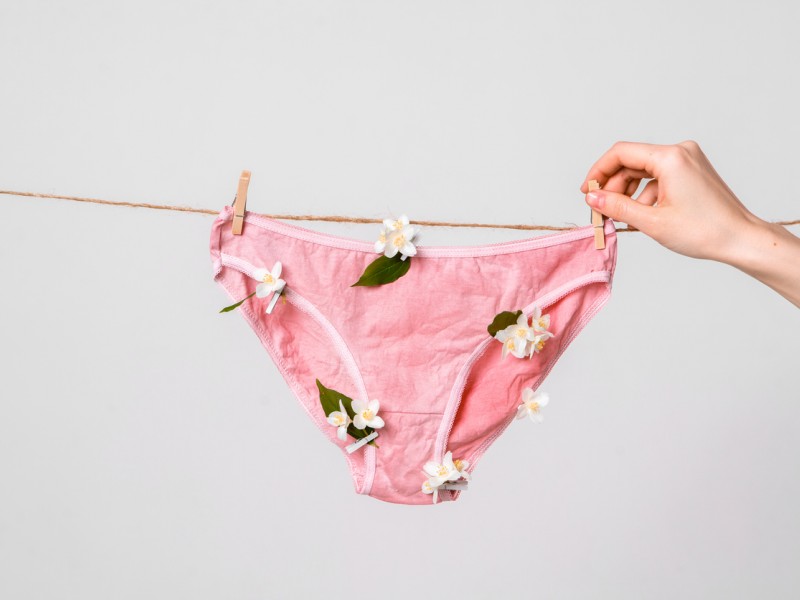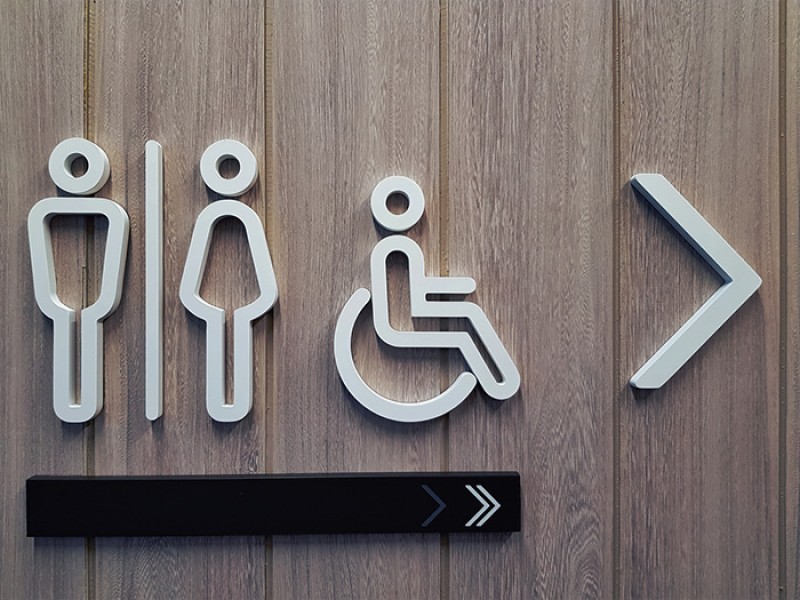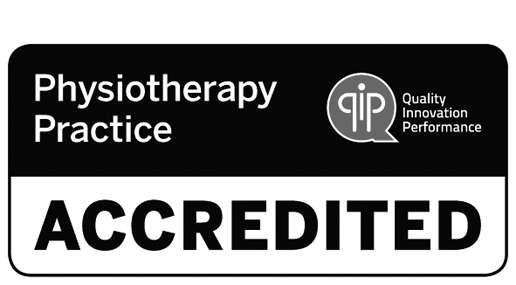Common breast issues whilst breast feeding are called Inflammatory Conditions of the Lactating Breast (ICLB) and cover a variety of different symptoms. Unfortunately, the occurrence of ICLB is the main reason for women choosing to cease breastfeeding. Therefore, it is extremely important that multidisciplinary, evidence-based care is given to women in a timely manner so that they can continue to breastfeed.
Persistent Pelvic Pain Syndrome (PPPS) is a debilitating condition that has a huge negative impact on men’s physical, emotional and social health and wellbeing. It is more common than you think, with a study reporting 8% of Australian men identify as having pelvic pain. It is particularly distressing as many of the things men take for granted – sitting, walking, exercising, urinating, defaecating, sexual arousal and ejaculation - can cause crippling, agonising pain.
During pregnancy, there is a large amount of pressure placed on the pelvic floor muscles. Imagine the pelvis is like a trampoline; the rim being the bones of the pelvis, the springs being the ligaments and the mat being the pelvic floor muscles. The weight of the growing baby, hormonal changes and weight gain, weaken and stretch the mat and the springs, which is exacerbated further by vaginal birth. It is well known that weakness of the pelvic floor muscles (the mat) can lead to the development of poor control of the bladder and bowel (incontinence) and pelvic organ prolapse.
Bladder Pain Syndrome (BPS) is defined as persistent pain for greater than 6 weeks, in the bladder, urethra or perineal area (the area between your pubic bone and tailbone) that isn’t caused by an infection. People with BPS will often have a strong and regular urge to urinate.
Are you worried about leaving the house before you’ve emptied your bowels? Is urgently needing to empty your bowel affecting your daily routine?
So many of our patients diagnosed with a prolapse stop exercising. Exercise may exacerbate their prolapse symptoms, or they may be worried about making their prolapse worse. But exercise is so crucial to look after both physical and mental health. One of the most common questions we get from our patients with prolapse is: what type of exercise am I able to do?
Endometriosis-related pain levels are not always related to the extent of endometrial lesions. For many people, pain may not be relieved after removing the endometriosis through surgery, or hormonal treatment to suppress menstruation. Changes to the nervous system (brain, spinal cord and nerves) is one way to understand why some people don’t respond to current methods to treat their endometriosis-related pain.
The inspiration for this piece is from one of our favourite books, “Come As You Are”, by Dr Emily Nagoski. Dr Nagoski has pulled together 10 years of research into women’s sexuality, and shares an essential exploration on how female arousal, desire, autonomy, pleasure and orgasm works, and provides tools for women to create and sustain a fulfilling sex life.
A condition we often see in men and women is shy bladder syndrome (aka paruresis), a term used to describe people who find it difficult or impossible to urinate near other people. This is quite a common social phobia, secondary only to the fear of public speaking. It often begins at school, and symptoms can vary in different situations – eg. going to a public toilet where there are others around (ie school, restaurant, the MCG!) can be quite challenging for people with this condition!
Bladder leakage is an unfortunate side effect of surgery for prostate cancer. At WMHP we are passionate about helping men regain bladder control after surgery, and also in teaching other health professionals how to best manage this condition.



